Make it ‘real’ or have a ‘spark’? In this comparison, we’re putting up the newly unveiled realme Note 50 against the TECNO Spark Go 2024.

realme Note 50 (on the left) and TECNO Spark Go 2024 (on the right)
These phones belong in the entry-level segment and go head-to-head when it comes to hardware and features. So, without further ado, let’s get started.
Table of Contents
Design
Design-wise, I like the Spark Go’s design more. Taking a closer look, it shows layers of crosshatched and arched patterns. I’m just not sure if the camera can capture it, but that’s what it looks like.

Its material feels plastic, although it almost looks like a frosted glass from afar.
That kind of finish gets complemented with the dual rear camera module design. Its camera island is seamlessly integrated with the phone’s back shell. Not to mention, the iridescent outline it shows as the light hits it.

On the other hand, the realme Note 50 boasts a two-tone finish of the same color. The upper portion where the dual camera system is located has a glossy finish. And the rest of the plastic back panel sports a satin finish.

What’s great about this design is it won’t be a smudge-magnet. Since you would be holding pretty much the satin material most of the time—which does not leave that much fingerprints or dust compared to the Spark Go’s.
I also admire the simplistic design approach realme has done to this phone. There’s not much of any text prints other than the realme moniker on the lower left.
While Tecno—with its name on the lower left as well—is seemingly proud printing a “13MP AI camera” text underneath the LED flash.
Display
Flipping at the front, both devices use an HD+ (1612 x 720) LCD panel. However, the realme Note 50 stands taller with its 6.74-inch display as compared to Spark Go’s 6.56-inch.

realme Note 50 (on the left) and TECNO Spark Go 2024 (on the right)
Looking at their notches, I am surprised that the Spark Go is using a hole-punch notch. Meanwhile, the realme Note 50 is left with a dew-drop notch, which honestly looks dated. But at their affordable price points, this is kind of expected.
Nonetheless, these notches serve a new purpose. Both devices feature a ripoff of iPhone’s ‘Dynamic Island’ where it shows notifications and a few status indicators in fancy animations around the notch.
- TECNO Spark Go 2024’s Dynamic Port
- realme Note 50’s Mini Capsule
realme calls this feature the ‘Mini Capsule’ and Tecno calls it ‘Dynamic Port’. Both displays also support up to 90Hz refresh rate, giving the phones a bit of smoothness.
Performance
Powering both phones are different variants of UNISOC chipsets. While both chips run on a 12-nanometer process node, the differences lie in their clock speeds.
The Spark Go uses a UNISOC T606 with only 1.6GHz clock speed. While realme Note 50 uses a much newer chipset—the UNISOC T612 boasting a higher clock speed at 1.8GHz.
I can tell the difference right away when the Spark Go couldn’t install Asphalt 9. On the realme Note 50, I was able to play the game, of course, with the graphics set to ‘Performance’ or low to get decent frame rates.

The realme Note 50 also looks snappier, probably because it runs a near stock Android version of realme UI based on Android 13. Compare that to the HiOS skin on the Spark Go that’s based on Android 13 Go but with far more customizations made.

Here are the benchmark scores that they got for those interested:
| Benchmark | realme Note 50 | TECNO Spark Go 2024 |
|---|---|---|
| AnTuTu V10 | 247,239 | 248,529 |
| 3DMark Wild Life | 425 | 424 |
| Geekbench 6 CPU Single Core | 422 | 378 |
| Geekbench 6 CPU Multi Core | 1,466 | 1,369 |
| Geekbench 6 GPU OpenCL | 447 | 444 |
| PCMark Work 3.0 performance | 7,795 | 7,167 |
| PCMark Work 3.0 battery life | 17 hrs and 10 mins | 18 hrs and 13 mins |
Cameras
Both phones feature dual rear camera systems with 13-megapixel primary camera.
They capture decent photos and videos. But I got to say, the photos taken with the realme Note 50 has higher dynamic range. Its color reproduction is also more vivid than the Spark Go’s.
As for selfies though, the Spark Go has a higher 8-megapixel count, compared to realme Note 50’s 5-megapixel selfie shooter.
Battery Life
Both devices pack 5000mAh battery cells. Based on their PCMark battery life results, the Spark Go lasted longer at 18 hours and 13 minutes. The realme Note 50 is not that far behind, reaching a good 17 hours and 10 minutes.

As for charging, both devices support 10W charging rate via USB. With low usage, the phones should last up to two days.
Connectivity & Other Features
For connectivity, both phones are limited to 4G capability. Each has a dedicated slot for microSD expansion, as well as up to 4GB of virtual RAM.
However, only the Spark Go features dual stereo speakers, tuned by DTS. The realme Note 50 has a single downward-firing speaker and can reach up to 150% volumes.

Software-wise, the Spark Go only runs Android 13 Go with HiOS skin on top. While the realme Note 50 uses the realme UI T Edition based on Android 13.

The user experience is decent on both phones, but I felt that the Spark Go is toned down too much with its modest animations, and I didn’t like the UI changes here and there. For example, the notification panel looks like a cheaper knockoff of MIUI 14’s control panel.

On the realme Note 50, like mentioned earlier, it uses a near-Stock Android version of realme UI—the T Edition—which honestly, I didn’t expect since I’m used to their vanilla realme UI. With that, animations look smoother and so much alive.
Other features both phones have is the side-mounted fingerprint sensor, 3.5mm audio jack, and USB-C port.
Which one should you get?
To wrap this up, let’s now compare their prices. The realme Note 50 is priced at PHP 3,599 that comes with 4GB RAM and 64GB storage. The TECNO Spark Go 2024 on the other hand retails for PHP 4,499 for its base model 3GB+64GB.
Based on the pricing details alone, the realme Note 50 stands out in this matchup with its impressive affordability. Adding to that is its distinct design and solid feature set that breaks the boundaries of being just an ‘entry-level’ device.

The TECNO Spark Go 2024 on its own merits also presents to be a solid option in this tier. Its dual stereo speaker setup will make a significant impact, resulting into a much more enjoyable media viewing experience.
Ultimately, the decision is always up to you. Which do you think wins in this matchup? Share your thoughts in the comments below.
realme Note 50 vs TECNO Spark Go 2024 specs
| Feature | realme Note 50 | TECNO Spark Go 2024 |
| Display | 6.74” HD+ LCD | 6.56” HD+ LCD |
| Other display specs | 720 x 1612 pixels, 90Hz refresh | 720 x 1612 pixels, 90Hz refresh |
| Chipset (node) | UNISOC T612 (12nm) | UNISOC T606 (12nm) |
| Cores, clock speed | 8-cores, 1.8GHz max clock speed | 8-cores, 1.6GHz max clock speed |
| RAM | 4GB RAM (+4GB extended memory) | 4GB RAM (+4GB extended memory) |
| Storage | 64GB storage | 64GB, 128GB storage |
| Expandable storage? | Supports microSD up to 2TB | Supports microSD up to 1TB |
| Rear camera setup | Dual rear cameras: | Dual rear cameras: |
| Primary lens | – 13MP main | – 13MP f/1.8 main |
| Secondary lens | – (Unspecified) secondary lens | – AI lens |
| Front camera | 5MP selfie camera | 8MP selfie camera with dual flash |
| SIM | Dual SIM | Dual SIM |
| Network | 4G LTE | 4G LTE |
| Wi-Fi | Wi-Fi | Wi-Fi |
| Bluetooth | Bluetooth | Bluetooth |
| Navigation | GPS | GPS |
| USB | USB Type-C | USB Type-C |
| 3.5mm audio jack? | 3.5mm audio jack | 3.5mm audio jack |
| Biometrics | Side-mounted fingerprint sensor | Side-mounted fingerprint sensor |
| Other key features | Single downward loudspeaker | DTS dual stereo speakers |
| OS | realme UI T Edition (Android 13) | HiOS 13 (Android 13 Go) |
| Battery capacity | 5000mAh battery | 5000mAh battery |
| Charging | 10W charging | 10W charging |
| Dimensions | 167.7mm x 76.67mm x 7.99mm | Composite Material: 163.69 x 75.6 x 8.55mm |
| Colorways | Sky Blue, Midnight Black | Mystery White, Alpenglow Gold, Magic Skin, Gravity Black |
| Starting price | PHP 3,599 | PHP 4,499 |











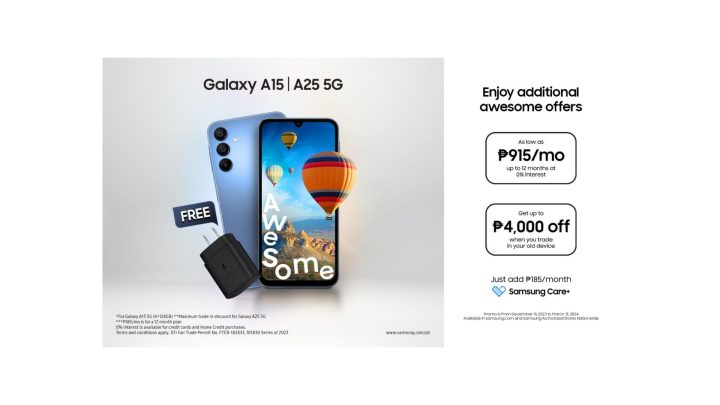
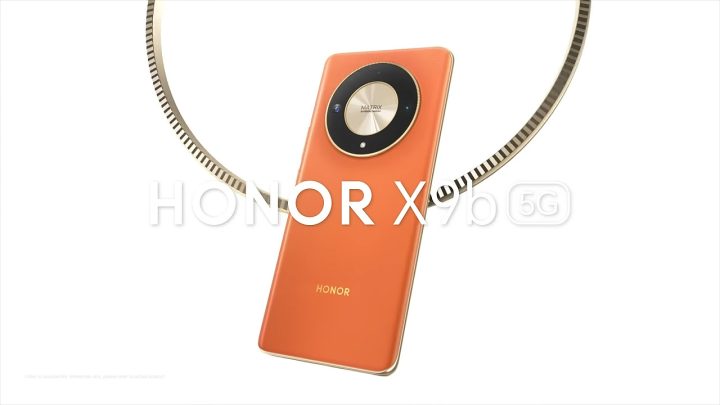
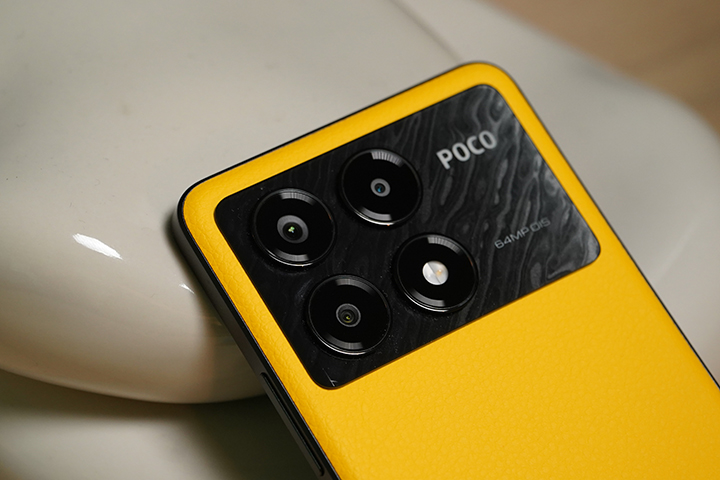



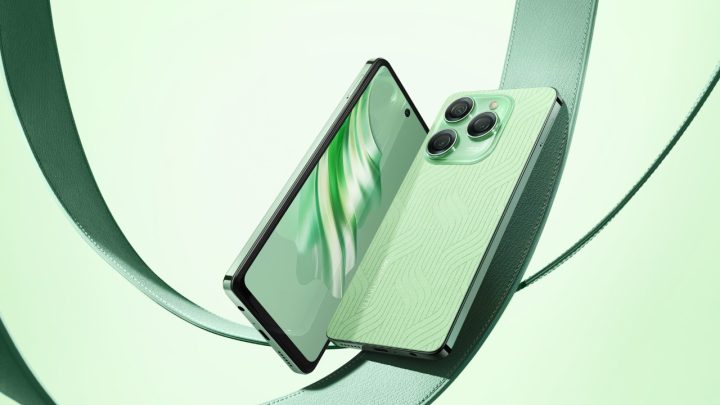
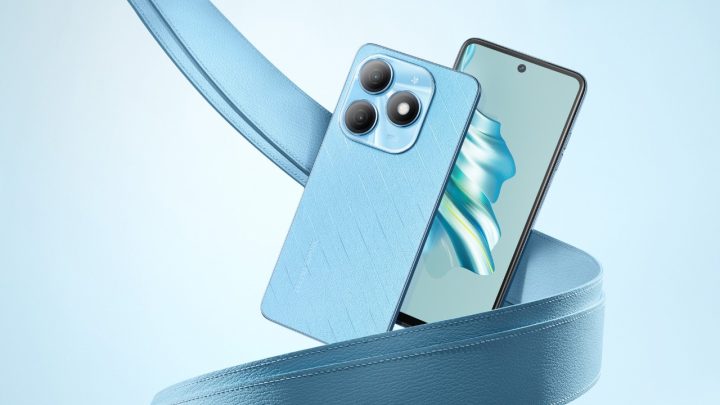

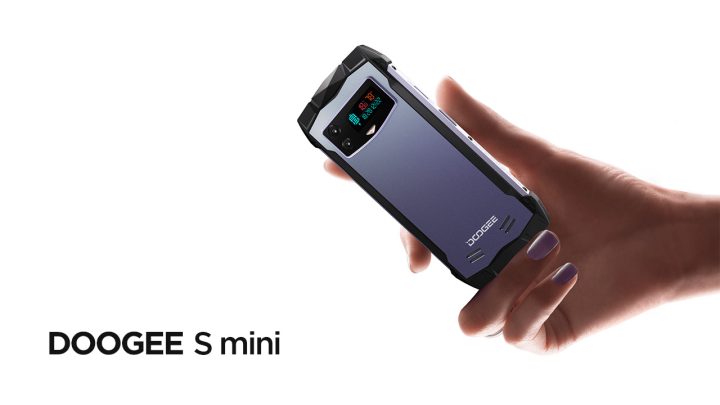
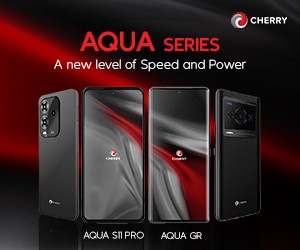












2, 449 early bird discount (with shoppee 30% voucher) yung Realme Note 50. Hanggang mamayang hatinggabi hehe.
i choose realme because it have more important reason to me